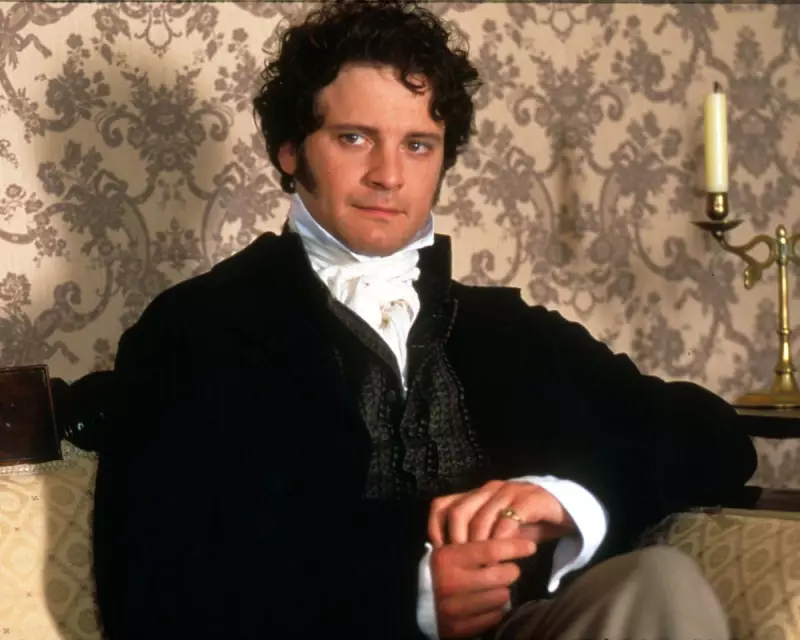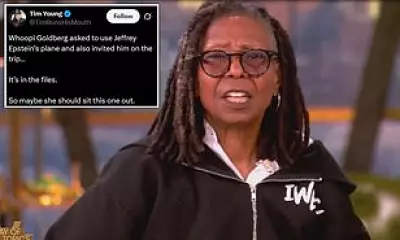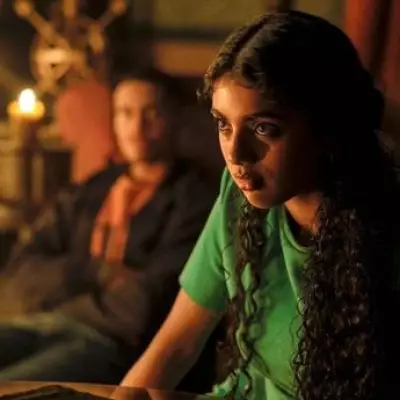
Forget the battle for Number 10; the real Saturday night war is being fought on our television screens, and the weapons of choice are a potent blend of nostalgia and spandex. The triumphant return of juggernauts like Gladiators and a resurgent Doctor Who proves that reworked classics aren't just a safe bet—they're a ratings goldmine for British broadcasters.
The revival of the iconic 1990s competition show Gladiators on the BBC has been nothing short of a phenomenon. It has stormed the ratings, consistently pulling in millions of viewers and, crucially, winning the hearts of a whole new generation who never experienced the original 'Gladiators ready!' battle cry.
The Secret Sauce: Respectful Reinvention
The key to this success isn't merely slapping a new coat of paint on an old idea. As industry experts note, the winning formula involves a delicate balancing act. The reboots must retain the core spirit and beloved elements that made the original a hit, while simultaneously feeling fresh, modern, and relevant for a 2025 audience.
This means updated sets, slicker production values, and a diverse new roster of Gladiators with equally intimidating names. Yet, the essence remains untouched: the sheer physical spectacle, the classic games like Duel and Hang Tough, and the thrilling human drama of the contenders' struggle.
More Than Just Gladiators: A Broadcasting Trend
This trend extends far beyond the arena. The article highlights how the latest series of Doctor Who, starring Ncuti Gatwa, has been hailed as a triumphant refresh of the long-running sci-fi series. Similarly, the recent adaptation of The Forsyte Saga demonstrates how period dramas can be retold for contemporary sensibilities without losing their narrative power.
These projects show a sophisticated understanding of the modern viewer. They offer the comforting warmth of familiarity for those who remember the originals, paired with the excitement of something new for younger audiences. In a fragmented media landscape, that shared cultural experience is incredibly powerful.
Ultimately, the message from British viewers is clear: they are more than happy to welcome back old friends, provided they're brought back with the care, quality, and spectacle they deserve. The heart of Saturday night television is beating strong once again, and it's sounding a lot like a crowd chanting 'Awooga!'.





